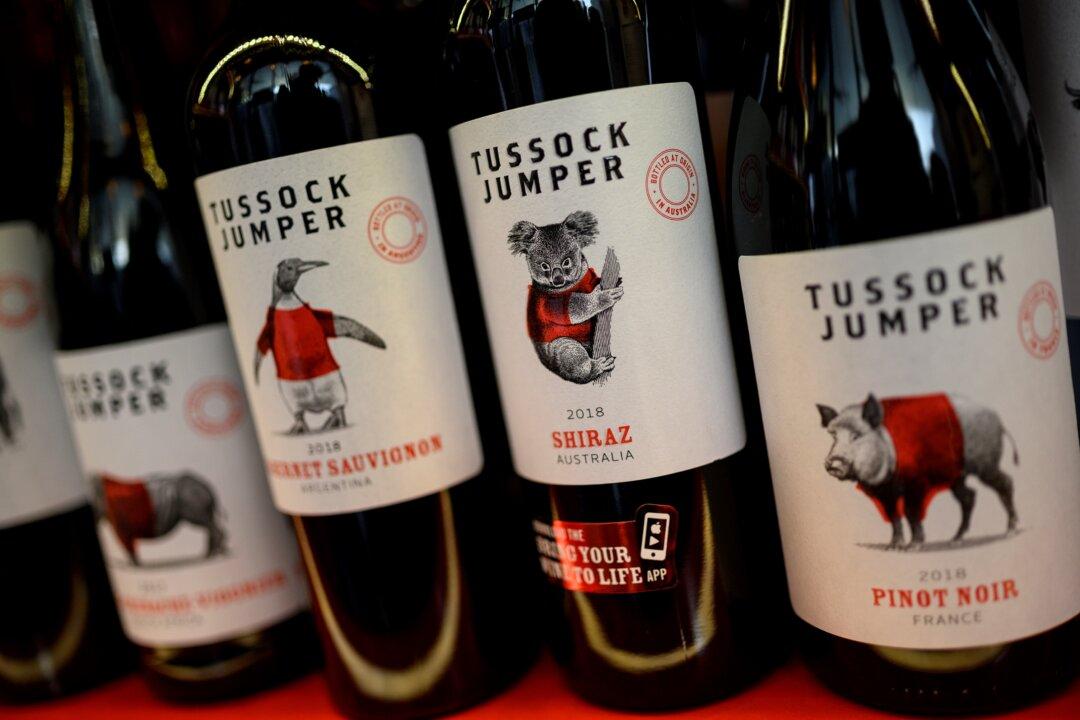Prime Minister Anthony Albanese has continued publicly calling for Beijing to remove the trade sanctions on Australian exports.
“What I’ve said very clearly is that I want to cooperate with China where we can, disagree where we must, but engage in Australia’s national interest. It is in Australia’s interest to be able to export without any impediments to China,” Albanese said at a press conference on Jan. 14.




